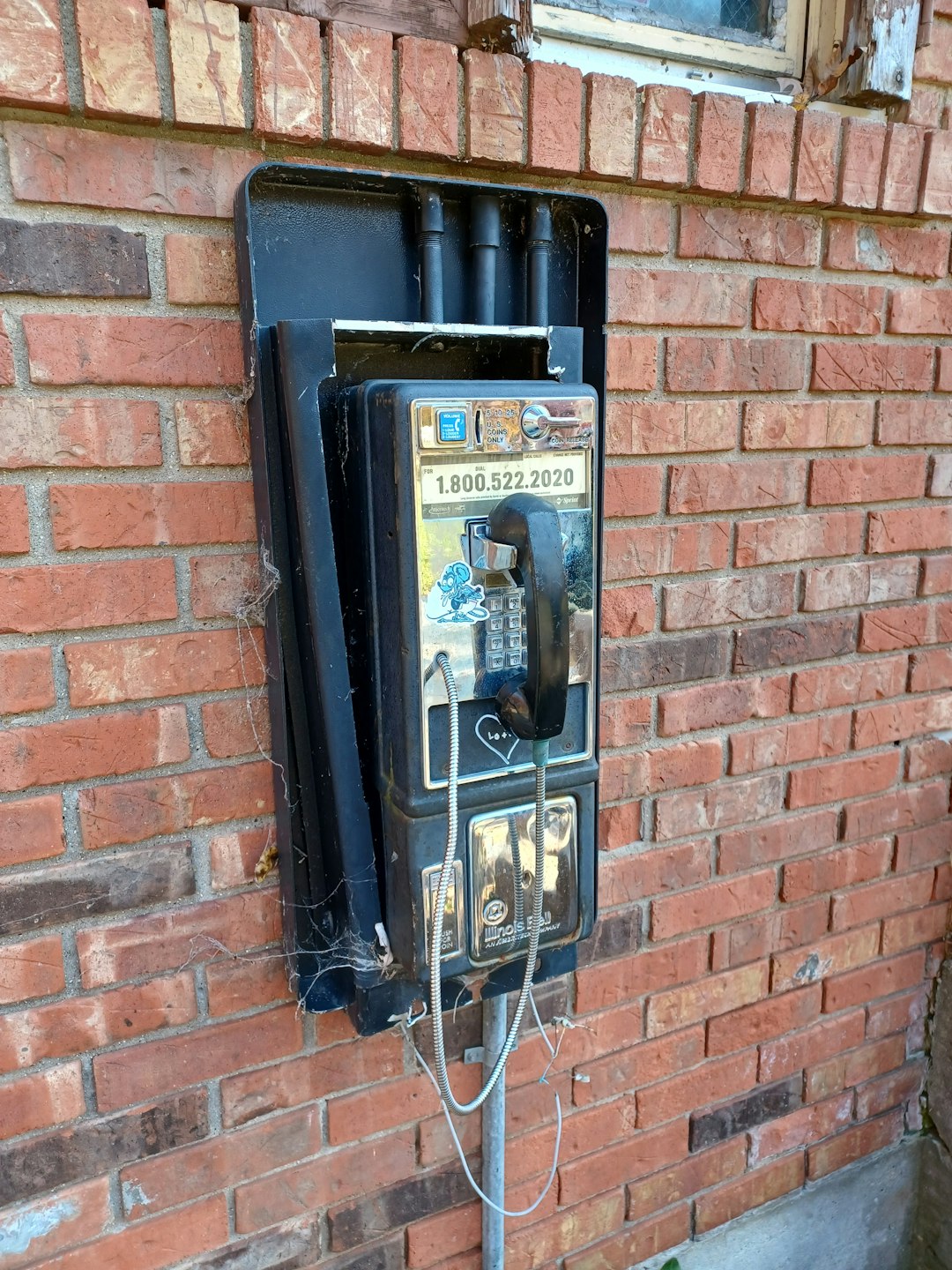In Connecticut, strict laws protect residents from unsolicited autodialed calls (robocalls) by prohibiting businesses from sending automated marketing calls without prior consent. If you receive unwanted texts or calls, you have consumer protection rights. Specialized lawyers or law firms can assist in stopping these calls, seeking compensation, and protecting your rights under state regulations. Key actions include registering on the National Do Not Call Registry, using call-blocking apps, consulting a stop unwanted texts attorney CT, and taking legal action through complaints or lawsuits against offending companies.
In Connecticut, autodialers are used to make thousands of unsolicited calls and texts daily. To combat this growing issue, understanding the state’s robust robocall laws is crucial. This guide explores your rights, common culprits, and legal avenues to stop unwanted communications. If you’re seeking a lawyer for robocall issues in CT, knowing effective strategies and choosing an expert law firm specializing in robocall litigation can significantly aid your case. Don’t let persistent spam disrupt your peace; take action today.
- Understanding Connecticut's Robocall Laws: Protecting Your Rights
- What Constitutes Unwanted Texts or Robocalls?
- Legal Actions Against Autodialer Misuse: Options for CT Residents
- The Role of a Lawyer in Stopping Unwanted Communication
- Effective Strategies to Combat Robocalls and Text Spam
- Choosing the Right Law Firm: Expertise in Robocall Litigation
Understanding Connecticut's Robocall Laws: Protecting Your Rights
In Connecticut, the fight against unwanted autodialed calls, or robocalls, is protected by strict laws designed to safeguard residents’ privacy and peace. The state’s robocall laws are in place to prevent businesses from sending automated telephone marketing calls without prior express consent. This means that if you haven’t given explicit permission for a company to contact you using an automatic dialing system, these calls are illegal.
If you’re receiving unsolicited texts or calls from telemarketers or any business using robotic technology, you have rights under Connecticut’s consumer protection laws. A lawyer specializing in robocall litigation can help protect your rights and navigate the complexities of these laws. If you believe you’ve been harmed by unwanted autodialed communications, consider reaching out to a CT robocall attorney for guidance on how to stop these intrusive calls and seek compensation if applicable.
What Constitutes Unwanted Texts or Robocalls?
Unwanted texts or robocalls refer to automated phone calls or text messages sent in bulk to mobile devices without the explicit consent of the recipient. This includes marketing messages, political campaigns, and other promotional content delivered through auto-dialing systems. In Connecticut, as in many states across the country, there are strict laws in place to protect consumers from these types of calls, especially when they are unsolicited.
Individuals who find themselves on the receiving end of constant robocalls or unwanted texts may have legal recourse. A stop unwanted texts lawyer CT or a robocall attorney CT can guide victims through the process of seeking damages and holding perpetrators accountable under the state’s robust consumer protection laws. Robocall law firms CT specializing in these matters offer expertise in navigating the legal complexities surrounding automated communication, ensuring that consumers’ rights are upheld.
Legal Actions Against Autodialer Misuse: Options for CT Residents
If you’re a Connecticut resident tired of receiving unwanted autodialed texts or robocalls, know that legal action is an option. In recent years, state and federal laws have been enacted to protect consumers from invasive telemarketing practices. Under Connecticut law, businesses are prohibited from making automated, prerecorded calls (also known as robocalls) to residents without their prior express written consent. If you’ve been victimized by these practices, a lawyer specializing in consumer protection or telecommunications law can help.
Residents who have suffered harm due to unauthorized autodialing may seek legal recourse through various means. This could include filing a complaint with the Connecticut Attorney General’s Office or seeking damages through litigation against the offending company. A lawyer for robocall cases in CT, for instance, can guide you on the best course of action, whether it involves negotiating a settlement or taking the case to court. Stop unwanted texts attorney CT and robocall lawyers CT are prepared to defend your rights and ensure that companies adhere to the law.
The Role of a Lawyer in Stopping Unwanted Communication
In Connecticut, as in many states, there are strict laws in place to protect individuals from unwanted communication, particularly when it comes to robocalls and automated texts. If you’re facing a deluge of unwelcome messages, a lawyer can play a pivotal role in stopping this nuisance. Legal experts specializing in this area can provide crucial guidance on navigating the complexities of privacy laws and consumer protection regulations. They have the tools and expertise to assist you in taking action against the source of these intrusive messages.
A stop unwanted texts lawyer CT, or robocall attorney CT, will be familiar with the state’s no-call lists and do-not-contact registries. They can help you register your number, understand your rights, and take legal measures if necessary. Their involvement may involve sending cease and desist letters, filing complaints with regulatory bodies, or even pursuing litigation to halt the unauthorized communication. With their support, Connecticut residents can reclaim control over their phone lines and find lasting solutions to this modern-day problem.
Effective Strategies to Combat Robocalls and Text Spam
In Connecticut, combating autodialed calls and text spam has become a pressing issue for many residents. While laws exist to protect consumers from these intrusive practices, effective enforcement and personalized strategies are key to achieving lasting relief. A robust approach involves combining technological solutions with legal expertise. Consumers can start by registering on the National Do Not Call Registry, which helps filter out most automated calls. Additionally, utilizing call-blocking apps and adjusting phone settings to silence or dismiss unknown numbers can significantly reduce unwanted interactions.
For those seeking more comprehensive protection or dealing with persistent robocallers, consulting a lawyer specializing in telemarketing laws is highly recommended. A stop unwanted texts attorney CT can provide guidance tailored to Connecticut’s regulations, such as the Telephone Consumer Protection Act (TCPA). Legal action may include sending cease and desist letters, negotiating settlements, or filing lawsuits against companies violating consumer rights. Robocall law firms CT offer specialized services to hold autodialers accountable and educate businesses on compliant marketing practices, ensuring a safer and less intrusive communication environment for Connecticut residents.
Choosing the Right Law Firm: Expertise in Robocall Litigation
When navigating the complex landscape of autodialer misuse and robocalls in Connecticut, choosing the right legal representation is paramount to achieving a favorable outcome. Look for a robocall law firm CT with demonstrated expertise in handling such cases, especially those involving stop unwanted texts. An attorney specialized in this area will understand the nuances of Connecticut’s laws regarding express permission for text and voice communications, ensuring your rights are protected effectively.
Engaging a lawyer who specializes in stop unwanted texts allows you to leverage their knowledge of recent legal precedents and technological advancements related to robocalls. The best robocall attorneys CT will employ strategic approaches tailored to your situation, whether it’s negotiating with call centers or pursuing legal action against persistent violators. Their goal is to stop the unwanted texts and help you regain control over your communication channels.






